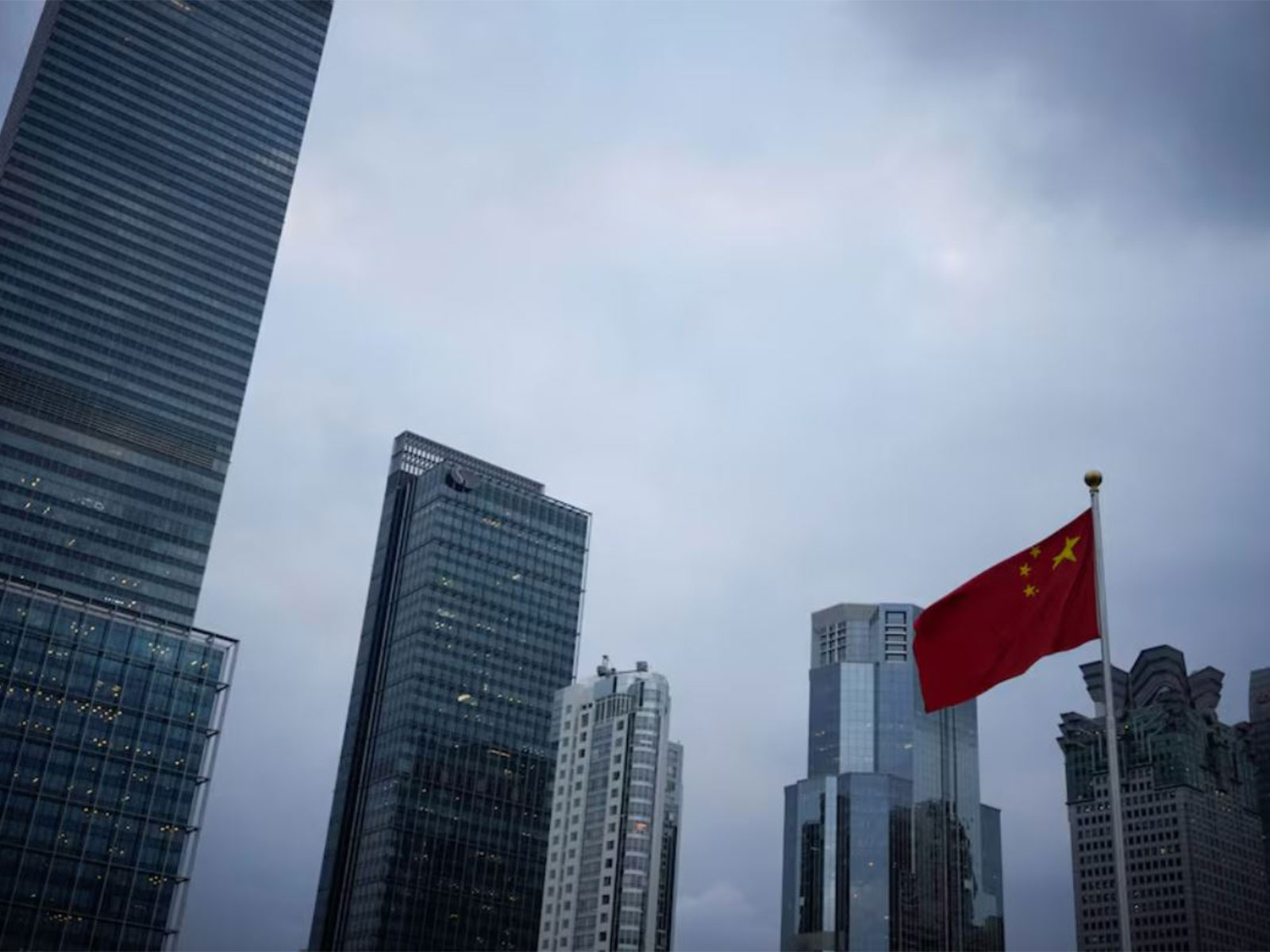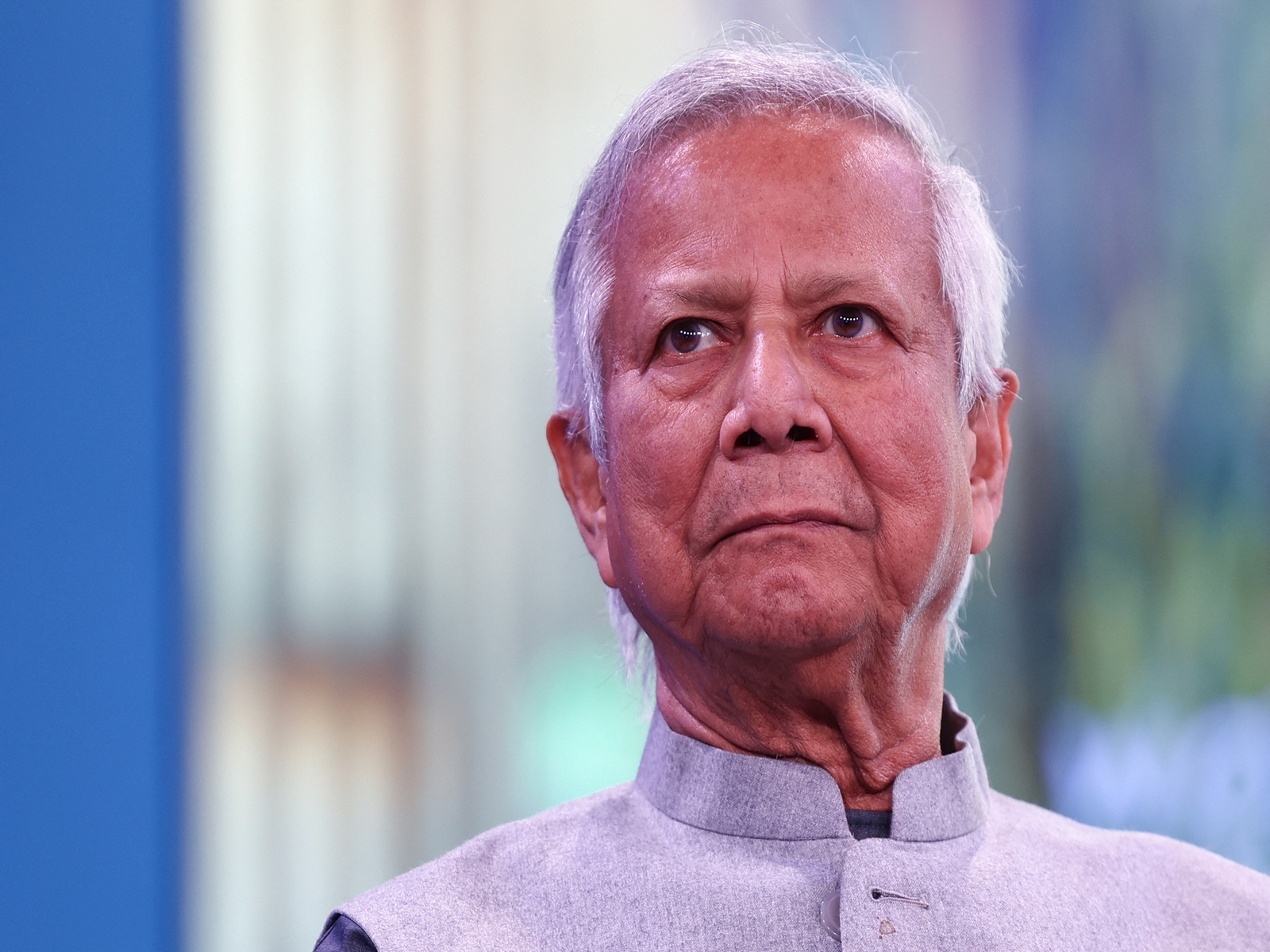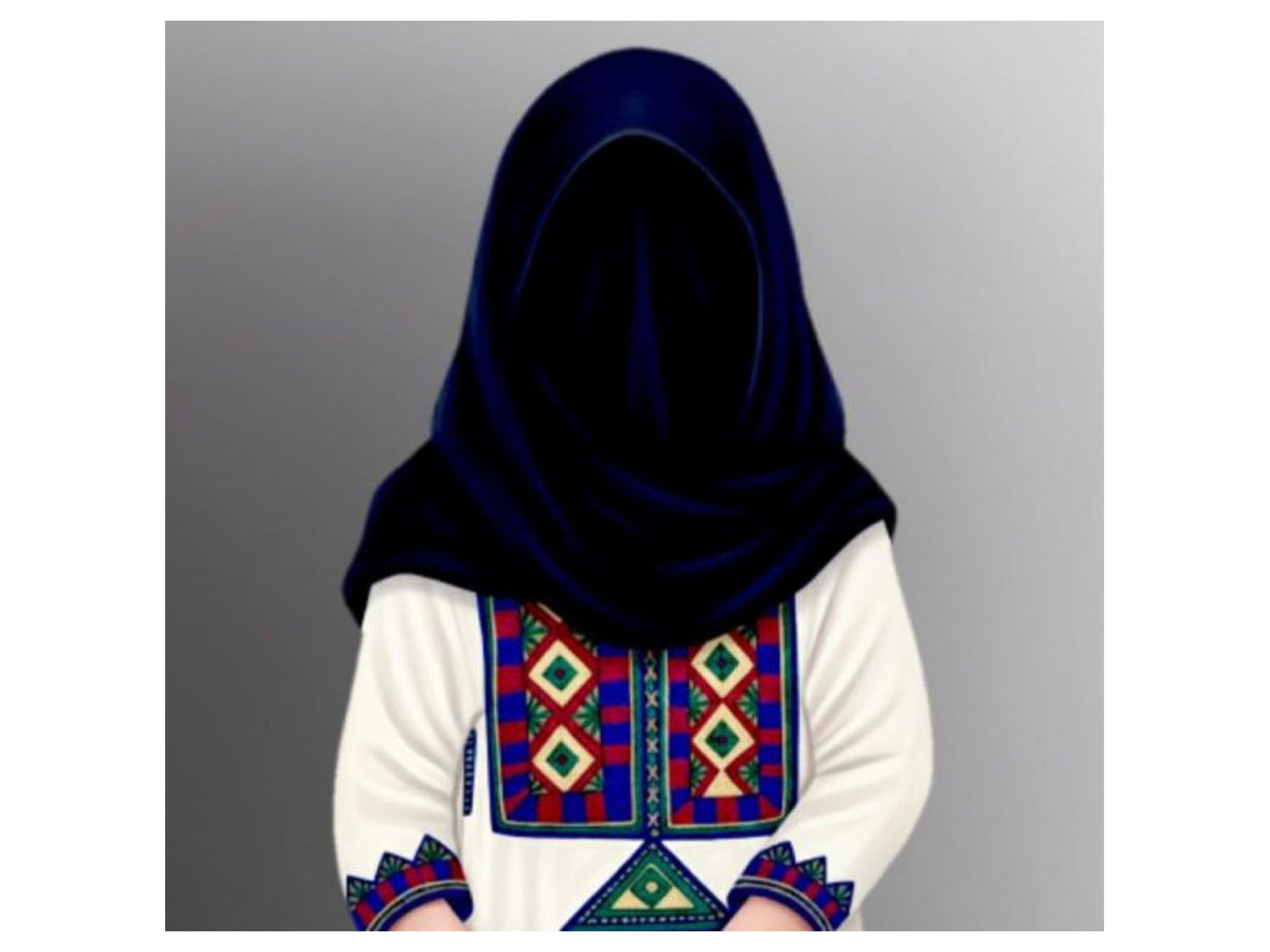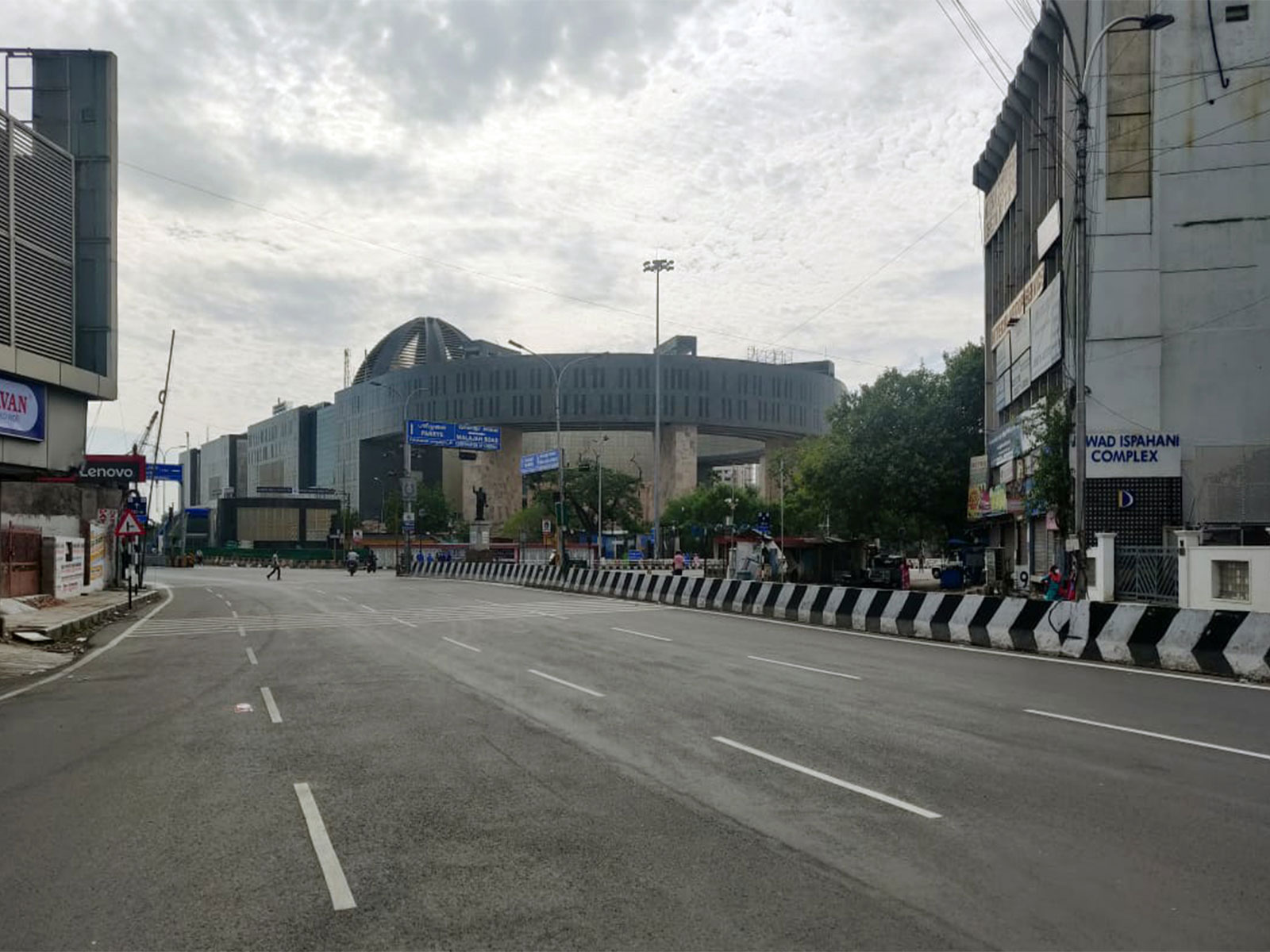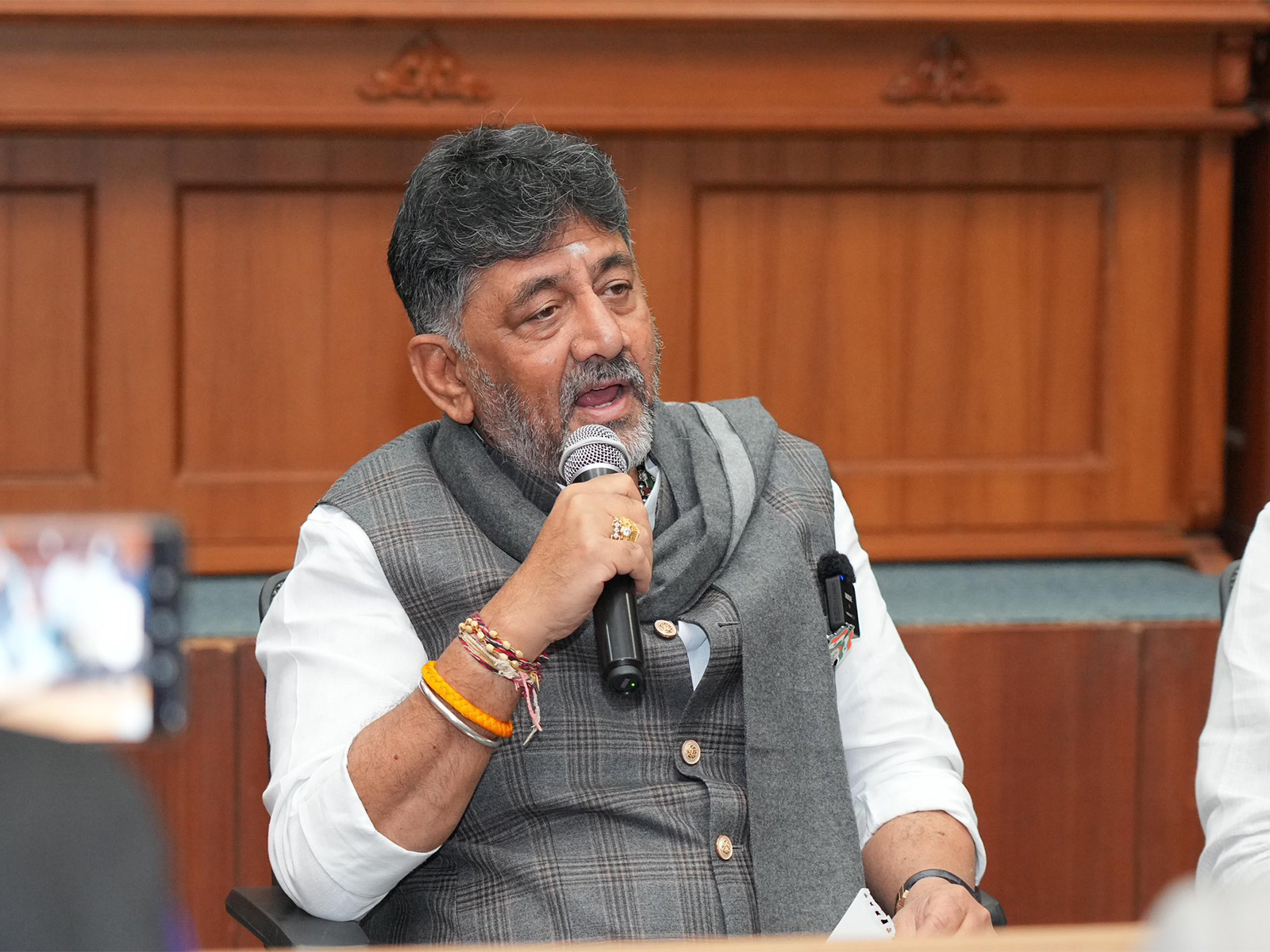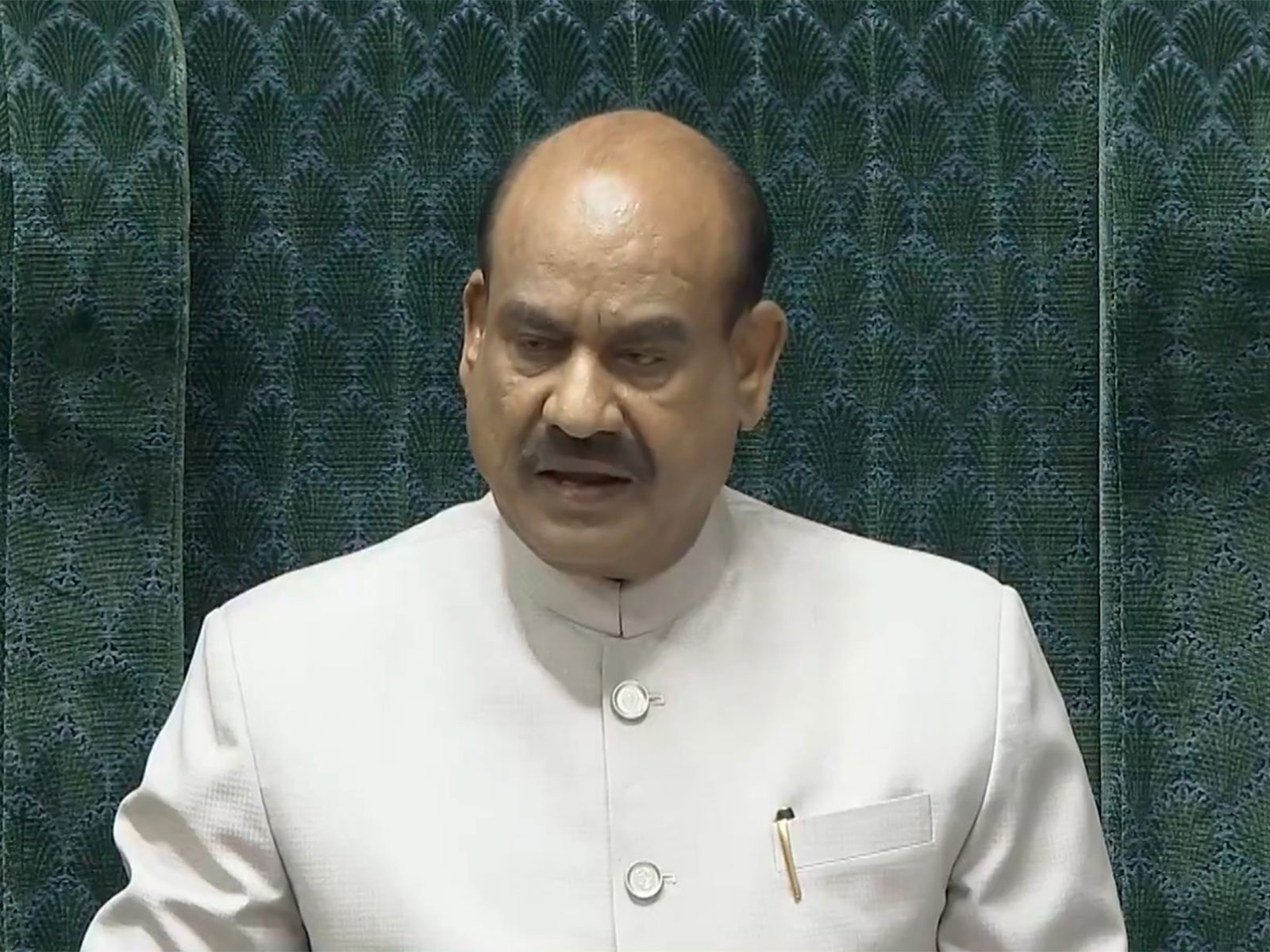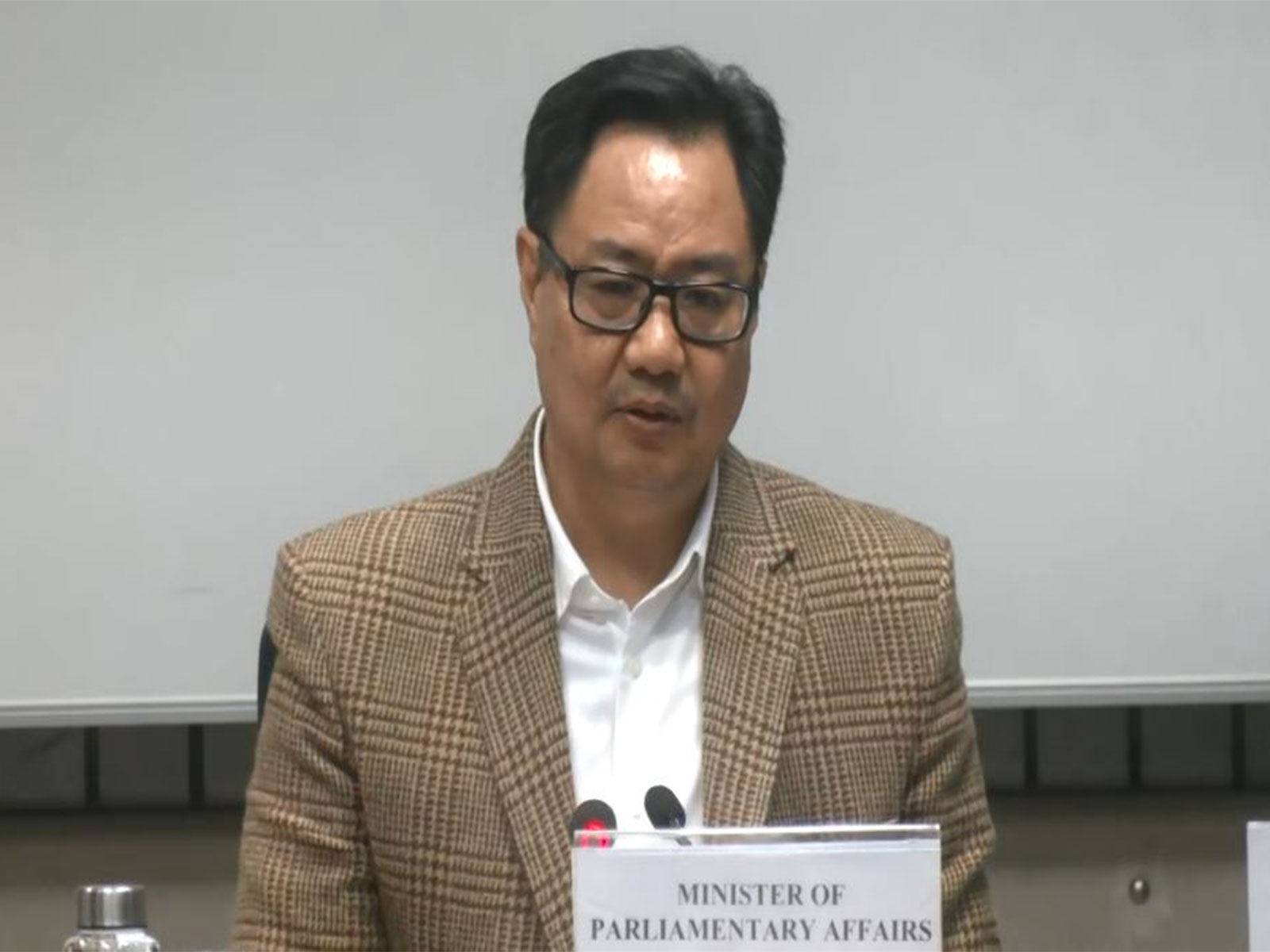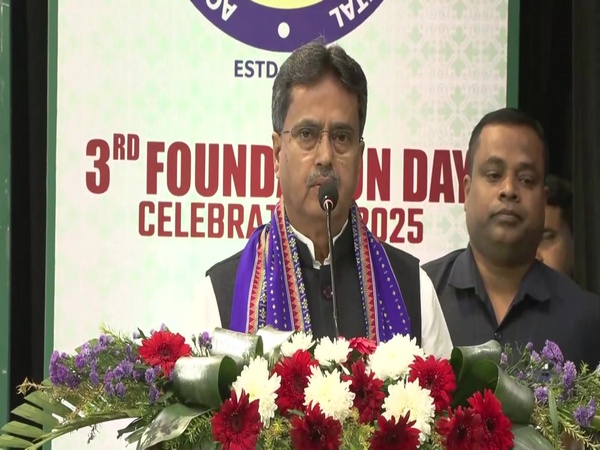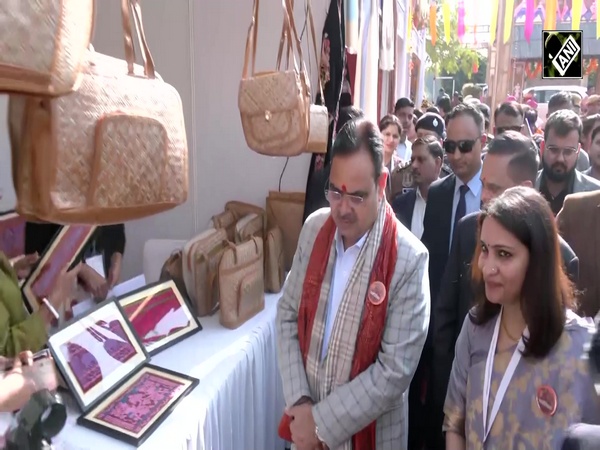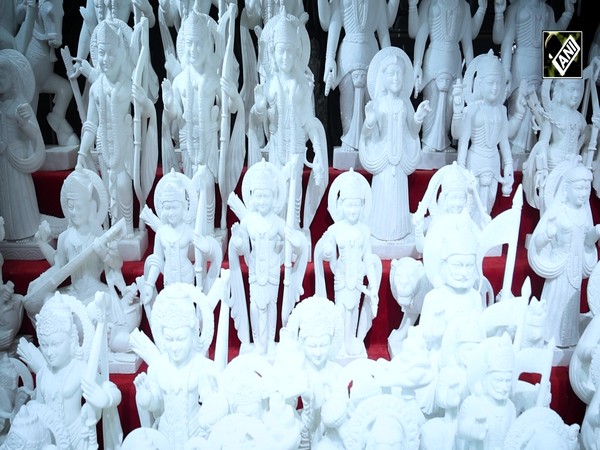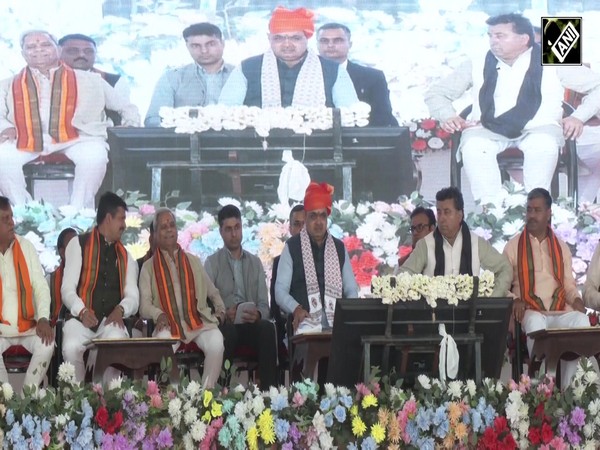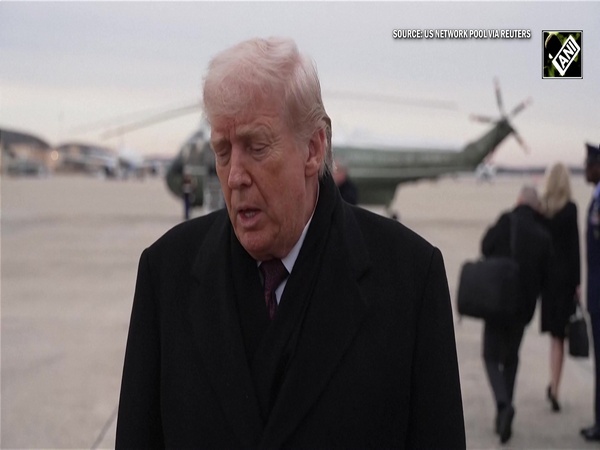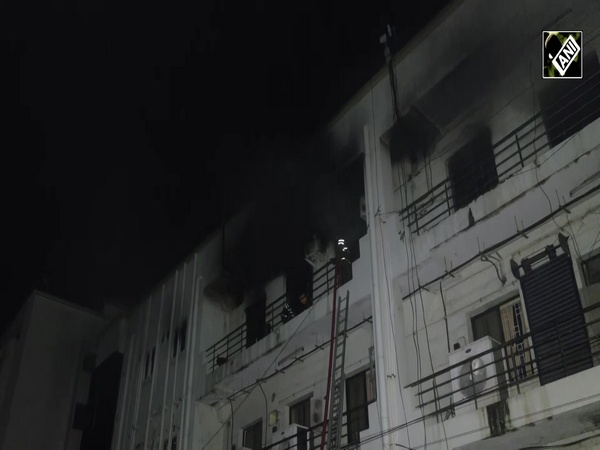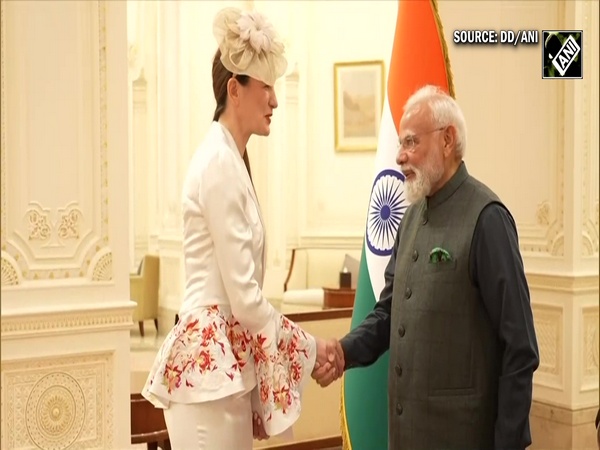Australian MPs join global effort to stop Chinese official's bid to join Interpol governing body
Nov 24, 2021

Canberra [Australia], November 24 : A group of Australian lawmakers have joined the international effort to stop a top Chinese official from joining the governing body of crime-fighting organisation Interpol, fearing it could endanger Beijing's critics.
Parliamentarians and activists from around the world have launched a global campaign to oppose the candidacy of Hu Binchen, a Deputy Director General at China's Ministry of Public Security, to the Interpol Executive Committee at its General Assembly session later this month.
As many as 50 legislators, from 20 countries, who are part of the Inter-Parliamentary Alliance on China (IPAC) penned a joint letter to their governments raising alarm at China's moves to gain influence over the global policing body.
Six Australian MPs and senators have signed an IPAC letter urging Interpol members to block Binchen's election over concerns that Beijing uses the red notice system to target exiled activists, Australian Broadcasting Corporation (ABC) reported.
"Chinese officials in the past have shown a willingness to use Interpol red notices for political ends," warns Labor senator Kimberley Kitching, a co-chair of IPAC. "There are many grave concerns with regard to this candidate and it would therefore be inappropriate to move ahead with his appointment."
Concetta Fierravanti-Wells, who is a Liberal Party senator, is also among the signatories and warns Australia "certainly should not be supporting" the Chinese official's election.
"The People's Republic of China (PRC) has repeatedly abused the Interpol red notice to persecute dissidents in exile -- [it has a] history of leveraging Interpol committee positions to exert undue influence on the organisation," she said.
"What concerns me the most is the possibility of allowing Interpol to be used as a vehicle for the repressive policies of the PRC and the communist regime in China, which I think will do great harm to the international standing of Interpol."
The letter by global parliamentarians references recent attempts by the Chinese government to use the Interpol Red Notice system to target Uyghur activists living in exile and argues that Hu's election would give Beijing a 'green light' to continue using Interpol as "a vehicle for the PRC government's repressive policies."
The moves were accompanied by a separate letter from 40 activists to the Interpol Member States warning that Hu Binchen's election would have "grave consequences for the safety and wellbeing of Chinese, Hong Kongers, Taiwanese and Chinese human rights activists living outside China as well as Tibetan and Uyghur diasporas."
Hu Binchen's election bid coincides with the release of a new report into the Chinese government's efforts to hide the extent of its 'long arm policing abroad'.
The report, published by human rights advocacy group Safeguard Defenders, reveals for the first time how the Chinese government is refraining from making its Interpol Red Notice requests public, putting thousands of activists and dissidents at risk of arrest, detention and extradition to China.
The report also examines the role of Hu Binchen's International Cooperation Department in the PRC's pursuit of alleged 'fugitives' abroad through legal and illegal means.

